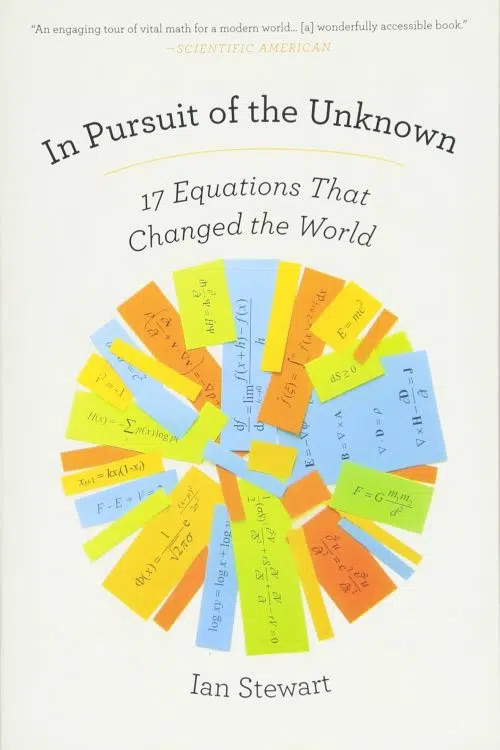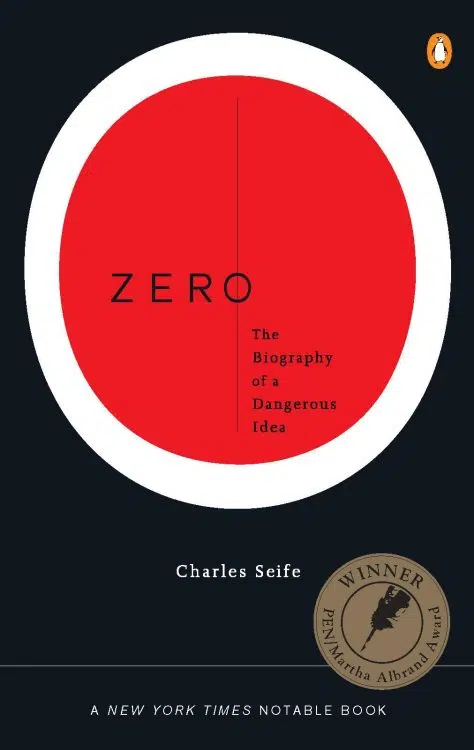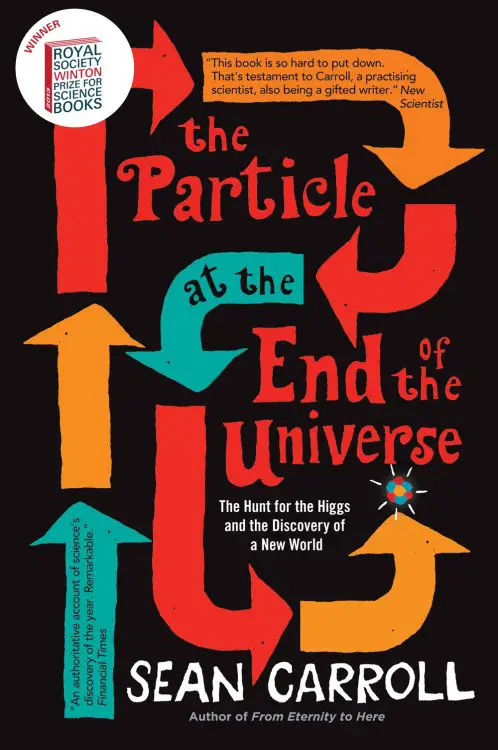In “Why the Universe Is the Way It Is,” author Hugh Ross takes readers on a fascinating exploration of the cosmos, bridging the often-disparate worlds of science and faith. With a background as an astronomer and a Christian apologist, Ross is uniquely positioned to tackle some of the most profound questions that have puzzled humanity for centuries. His central thesis posits a universe meticulously fine-tuned for life, specifically human life, and he uses this premise to explore the reasons behind the universe’s existence and structure.
Ross adeptly navigates through complex scientific concepts and theological doctrine to provide a coherent and engaging argument that the universe’s design serves multiple specific purposes. One of the book’s strengths lies in its ability to make the intricate dance of cosmological constants and physical laws accessible to readers without a scientific background. Ross’s passion for both astronomy and Scripture shines through, as he uses evidence from the natural world to make a case for a creator-God who intentionally designed the cosmos with humanity in mind.
The book challenges the skepticism often found in scientific circles regarding the plausibility of a creator. Ross confronts this skepticism head-on, not by dismissing science, but by engaging deeply with it. He presents a compelling argument that the universe’s suitability for life is not just a happy accident but rather indicative of a purposeful design. This approach is refreshing and opens up a pathway for dialogue between science and religion, fields often seen as contradictory.
Furthermore, Ross addresses the problem of pain and suffering in a universe supposedly designed by a loving God. He suggests that the very aspects of the cosmos that allow for free will and the possibility of suffering also provide the backdrop against which virtues like courage, sacrifice, and love become meaningful and genuine. This perspective offers readers a possible framework for reconciling the presence of evil and suffering with the concept of a benevolent creator.
“Why the Universe Is the Way It Is” goes beyond mere cosmological speculation, venturing into the realm of human destiny and personal purpose. Ross invites readers to consider not just the how and the what of the universe but the why, steering the conversation toward a deeper reflection on individual and collective existence. This aspect of the book is particularly thought-provoking, as it challenges readers to ponder their place within the cosmic order and God’s broader narrative.
In conclusion, Hugh Ross’s “Why the Universe Is the Way It Is” is a thoughtfully crafted physics book that offers a compelling synthesis of scientific discovery and theological inquiry. It will resonate with those who seek to understand the universe’s complexities without forfeiting the wonder of faith. Whether you approach the book as a skeptic, a believer, or somewhere in between, Ross provides a thoughtful and respectful exploration of why the cosmos might indeed unfold in a manner that suggests purpose, intention, and design. His insights into the universe’s nature and humanity’s role within it are not only illuminating but deeply affirming for anyone wrestling with questions of existence and meaning.
















